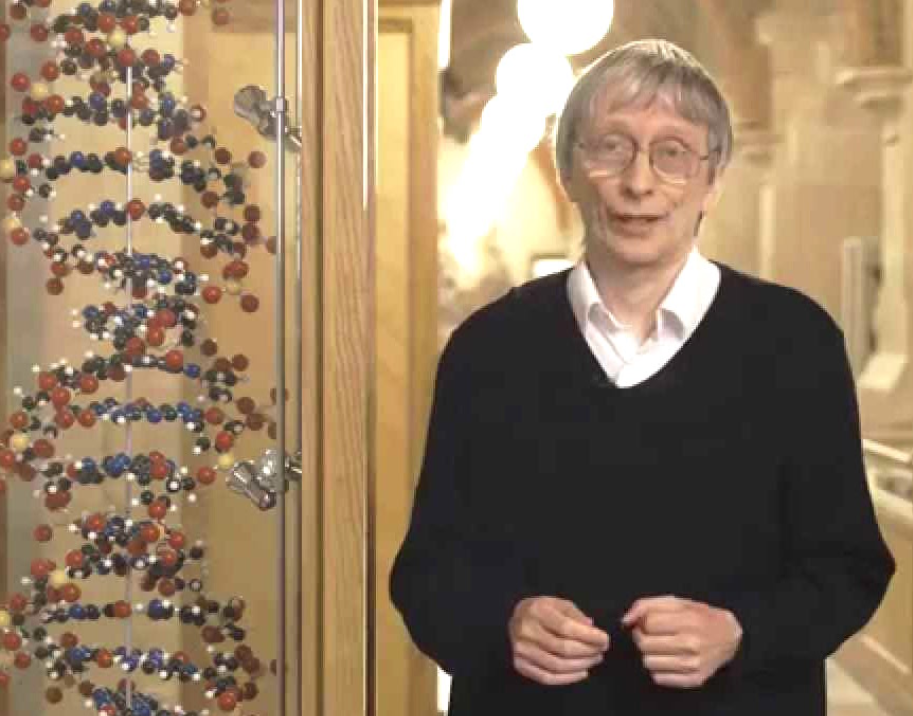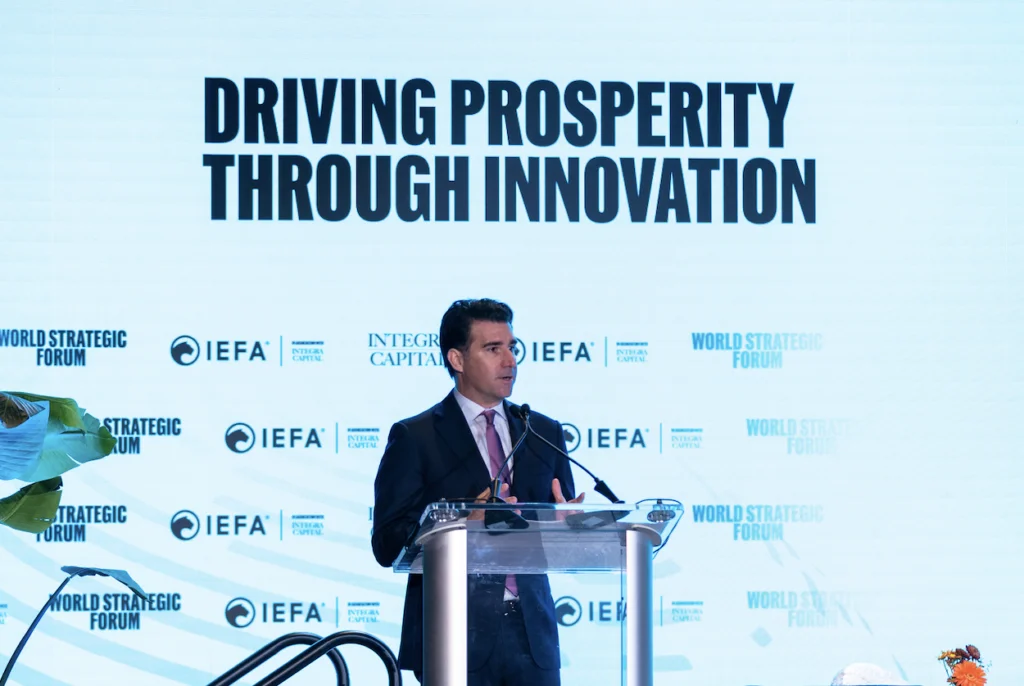Insider Brief
- Dr. David Deutsch, a pioneer in quantum computing and the “many worlds” theory, emphasized in a recent interview that quantum theory is the most fundamental in physics, despite early misinterpretations, and supported the “many worlds” interpretation as the correct understanding of quantum phenomena.
- In a recent interview, he explained that quantum computers, which exploit quantum interference, have the potential to revolutionize computation, outperforming classical computers, though we are still in the early stages of quantum development with no universal quantum computer yet built.
- Deutsch connected quantum theory to broader cosmic implications, such as its influence on the structure of the universe, while highlighting the importance of problem-solving in advancing both quantum physics and interdisciplinary knowledge.
“When Feynman said nobody understands quantum physics, he may have been closer to the truth than he realized,” quipped Dr. David Deutsch, kicking off a recent interview into the worlds of quantum computing, multiverses and the legacy of Turing machines. The British physicist, known for his work in quantum computation and the “many worlds” theory, didn’t shy away from the deep mysteries of the universe.
Quantum theory, for Deutsch, is more than a collection of esoteric equations.
“Quantum theory is the most fundamental theory we know in physics,” he explained, lamenting the philosophical confusion that plagued the early 20th century. It was this confusion that led many to speak “nonsense” about the subject. “It was like compulsory to talk nonsense about it,” Deutsch added, referring to how early interpretations muddled the true significance of quantum phenomena.

But Deutsch, alongside his mentor John Wheeler, sought clarity through the “many worlds” interpretation, which he insists is not just an interpretation but the correct way to understand the world.
“The equations clearly say that there are many universes,” Deutsch asserted. These parallel universes don’t usually interact with one another but, under certain conditions — like in laboratory experiments — they influence each other, giving rise to “astounding effects” like quantum interference.
In typical Deutsch fashion, he drove the point home with an eye-popping experiment involving photons.
“We did this experiment in many universes,” he said, as though it were the most casual statement in the world. His fascination with how photons interact across universes to influence outcomes on the quantum level underpins his broader exploration of the many worlds hypothesis.
Quantum computing, a direct outgrowth of this theory, is another subject where Deutsch’s insights shine.
“A quantum computer is a computer whose operation relies on distinctively quantum phenomena, especially interference,” he explained. Unlike classical computers that rely on binary states (zeros and ones), quantum computers exploit the strange behaviors of particles at the quantum level. “You have a single photon doing the result of n different computations,” Deutsch noted, stressing the vast potential quantum computing holds over classical models.
Deutsch has long been a pioneer in quantum computing. He was the first to publish a proof that quantum computers could outperform classical Turing machines in certain tasks. Referring to the exponential speedup that quantum computers offer, Deutsch remarked: “For some computations, it increases by an exponential factor — that is, by a factor e to the N or 2 to the N.”
This increase in computational power could revolutionize tasks like factorizing huge integers, but Deutsch remains grounded about the current state of development.
“No practically usable universal quantum computer has been built yet,” he said, explaining that we’re still in the early stages with only special-purpose quantum computers available. “The step hasn’t been done yet in the quantum case,” he remarked, but it’s clear from his tone that he sees this as a matter of when, not if.
The conversation turned cosmic when Deutsch connected quantum theory to the multiverse and the structure of the universe itself.
“Quantum fluctuations, or interference from other universes, affect the cosmic microwave background radiation,” he explained, showing how the tiniest quantum phenomena can ripple through to the largest scales of the universe.
And yet, for all the dizzying complexity of these concepts, Deutsch managed to bring the conversation back down to Earth — sort of. When asked how he reconciles the “nano world” with the cosmological one, Deutsch wryly dismissed Richard Dawkins’ notion that we haven’t evolved to understand these extremes.
“We do understand the nano world and the macro world,” he insisted, although he admitted some things, like the fact that people in Australia are technically upside down, still take some effort to “grok.”
Deutsch’s genius lies not just in his ability to explain these mind-bending ideas, but in his tireless pursuit of what he calls “problem-solving.” For him, it’s not just about making conjectures or running experiments — it’s about tackling fundamental issues with creativity and rigor.
“All problems are parochial. Solutions can be universal when you are lucky,” Deutsch remarked, capturing his unique blend of optimism and realism.
The physicist also mentioned the broader implications of his work in relation to Alan Turing, whose concept of computational universality Deutsch holds in the highest regard.
“A single machine with a single architecture can perform the computations that any other physical object can perform,” he said, in awe of Turing’s groundbreaking insight.
As the conversation wound down, Deutsch reflected on the nature of interdisciplinary work and the value of synthetic thinking. He remarked on the parallels between his own quest for universality in physics and the broader scientific efforts to unify knowledge across domains. For Deutsch, everything begins with a problem: “Everything begins with a problem, not with observation, not with conjecture, not with a theory — it begins with a problem.”
It’s clear that for Deutsch, the multiverse isn’t just a theory — it’s a metaphor for the endless possibilities that quantum theory, computing, and creative thinking can unlock. As long as we’re asking the right questions, there’s no telling how far down the rabbit hole we’ll go.
And maybe, just maybe, one of those universes has already figured it all out.
Featured image: Credit: Simon Benjamin, Wikipedia
















